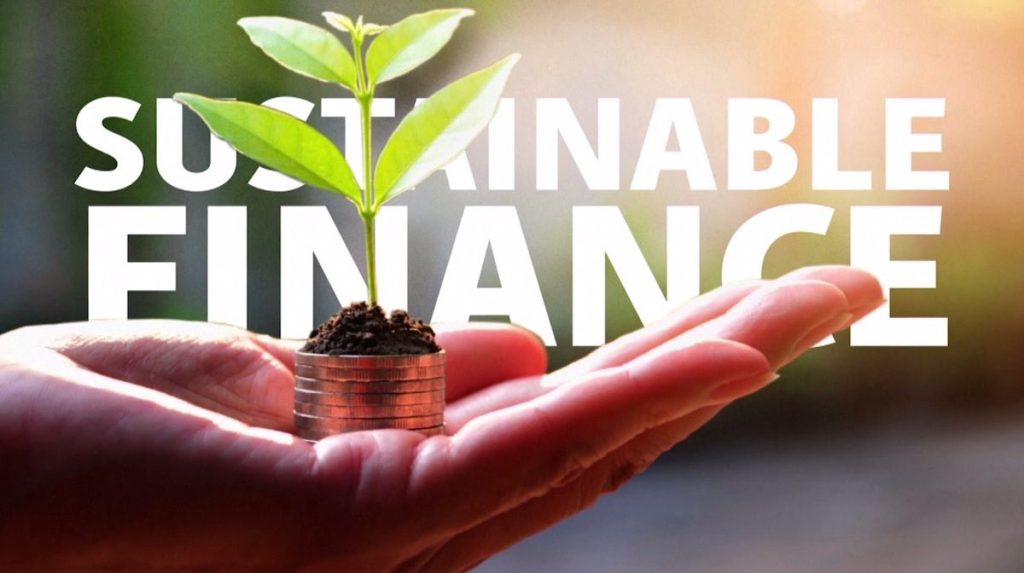
As the world grapples with environmental and social challenges, sustainable investing has emerged as a defining trend in the financial industry. By aligning financial goals with broader societal and environmental objectives, sustainable investing is reshaping the way investors think about long-term growth.
Michael Shvartsman, an investor from New York, highlights its transformative potential. “Sustainable investing is about making decisions that benefit both the investor and the world. It’s a smart strategy that recognizes the interconnectedness of financial success and societal well-being.”
Understanding Sustainable Investing.
Sustainable investing integrates environmental, social, and governance (ESG) factors into financial decision-making. This approach prioritizes investments in companies that demonstrate ethical practices, environmental stewardship, and positive societal impact, without compromising on profitability.
The Growing Demand for Sustainable Investing.
1. Changing Investor Priorities
Investors increasingly seek opportunities that align with their personal values. The demand for investments addressing climate change, social justice, and governance issues has driven growth in ESG-focused funds.
2. Enhanced Risk Management
Businesses with strong ESG practices often demonstrate resilience during economic disruptions. Companies that prioritize sustainability tend to manage risks better, providing greater stability for investors.
Michael Shvartsman notes, “Investing in companies with sound ESG principles isn’t just a moral choice—it’s a practical one. These businesses are better positioned to adapt to challenges, making them attractive for long-term investment.”
3. Regulatory Pressure and Policy Changes
Governments worldwide are introducing policies to address climate change and promote sustainability. Investors are pivoting to sustainable strategies to stay ahead of regulatory shifts and capitalize on emerging opportunities.

Benefits of Sustainable Investing
- Long-Term Growth
Sustainable companies often invest in innovation, creating products and services that address global challenges. These innovations drive growth and create lasting value for investors.
- Positive Impact
Sustainable investing supports industries and initiatives that aim to improve society and the environment. This dual benefit—financial return and positive impact—attracts socially conscious investors.
- Market Differentiation
Incorporating sustainability into investment strategies helps firms stand out in a competitive marketplace. It also enhances reputations, fostering trust among clients and stakeholders.
Challenges to Adoption
Despite its advantages, sustainable investing faces hurdles. These include inconsistent ESG standards, data transparency issues, and concerns about “greenwashing,” where companies exaggerate their sustainability claims.
Michael Shvartsman advocates for diligence: “Investors must critically assess ESG claims and rely on robust data to make informed decisions. Sustainability needs to be authentic to drive real impact.”
How Businesses and Investors Can Embrace Sustainability:
- Educate and Engage
Understanding the principles and opportunities of sustainable investing is the first step. Engaging with experts and stakeholders ensures informed decision-making. - Incorporate ESG Analysis
Including ESG factors in investment evaluations provides a comprehensive view of risks and opportunities. - Focus on Transparency
Investors should prioritize companies with clear, measurable sustainability goals and a track record of accountability. - Promote Collaboration
Partnering with like-minded organizations, NGOs, and government bodies accelerates sustainable outcomes and amplifies impact. - Monitor and Adapt
Sustainable investing is an evolving field. Regularly revisiting strategies ensures alignment with emerging trends and challenges.
Michael Shvartsman’s Perspective on the Future
Michael Shvartsman believes sustainable investing will continue to gain momentum as awareness grows. “The financial industry has a responsibility to lead by example. By prioritizing sustainability, investors and businesses alike contribute to a healthier, more equitable future while building long-term success.”
He also emphasizes the role of leadership: “Leaders who integrate sustainability into their strategies inspire others to follow suit. It’s about creating a legacy of impact and profitability.”

Sustainable investing represents the future of finance, combining economic success with environmental and societal responsibility. As awareness grows and opportunities expand, businesses and investors have a unique chance to shape a better world while achieving financial goals.
